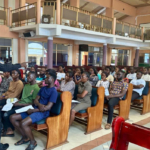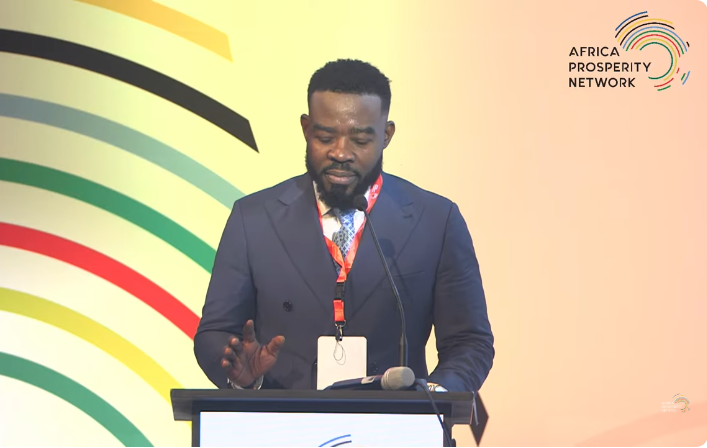
The Nandom Municipal Directorate of the National Commission for Civic Education (NCCE), has sensitised young people in the Nandom Municipality on the rule of law and the need for them to support state institutions in the fight against corruption.
The NCCE observed that out-of-school youth, both the unemployed and those in the informal sector, played a crucial role in Ghana’s anti-corruption and governance landscape.
Mr Issahaque T. Angme, the Nandom Municipal Officer In-charge of the NCCE, indicated that limited access to civic education left that category of young people vulnerable to corrupt practices and oblivious of legal protections and accountability mechanisms.
Mr Angme stated this at a youth civic engagement held at Nandom on the rule of law and the fight against corruption under the “Civic Engagements on the Rule of Law and the Fight Against Corruption” project.
It was organised by the NCCE in partnership with the Deutsche Gesellschaft für Internationale Zusammenarbeit GMBH and co-funded by European Union.
Out-of-school youth in the informal sector, including hairdressers, welders, weavers, dressmakers, “yellow yellow” riders, and tailors, among others participated in the engagement.
The “Civic Engagements on the Rule of Law and the Fight Against Corruption” project was being implemented in selected districts and municipalities in all the 16 regions of Ghana.
It was aimed to, among other things, empower young people with practical knowledge on the rule of law, civic rights, legal frameworks such as the Whistleblower Act, and their role in promoting transparency and accountability.
“Strengthening youth understanding of rule of law, along with their civic rights, responsibilities, and anti-corruption mechanisms, is essential for building a generation that actively promotes integrity and transparency,” Mr Angme explained.
Reverend Father Dr Stephen Koga, the Chaplain of the St. Theresa’s Hospital in Nandom, who took the participants through the concept of rule of law and corruption, said corruption manifested in every part of human lives.
He urged the participants to act responsibly in their various walks of lives in order to attract the needed development to their communities.
Rev Fr. Koga exposed the participants to what constituted corruption such as bribery, fraud, extortion, favouritism, and nepotism and the dangers associated with it.
On his part, Chief Inspector Mr Ankora Enoch Delali of the Ghana Police Service in the Nandom Municipality, urged the youth to report suspected corrupt practices in their communities as there were laws that protected citizens who reported corrupt acts.
He said the Commission on Human Rights and Administrative Justice was the institution mandated by law to investigate corrupt activities.
Mr Delali also introduced the participants to the Public Order Act, which required that members of society needed to notify the police before they could embark on demonstrations.

